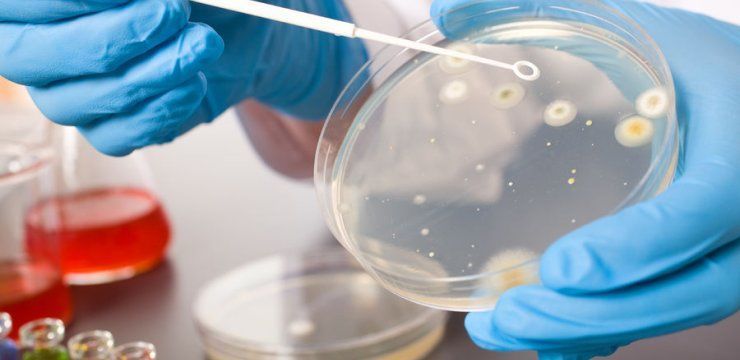
Home Page
Welcome our visitors to the website of Medical Microbiology and Immunology Department, Faculty of Medicine, Mansoura University under the chairmanship of Prof. Sherif Khater, President of Mansoura University and Prof. Ashraf Shoma, Dean of the Faculty of Medicine.
Microbiology is the study of microorganisms, a large and diverse group of microscopic organisms that exist as single cells or cell clusters; it also includes viruses, which are microscopic but not cellular. Microorganisms have a tremendous impact on all life and the physical and chemical makeup of our planet. They are responsible for cycling the chemical elements essential for life, including carbon, nitrogen, sulfur, hydrogen, and oxygen; more photosynthesis is carried out by microorganisms than by green plants.
Furthermore, Humans also have an intimate relationship with microorganisms; more than 90% of the cells in our bodies are microbes. The bacteria present in the average human gut weigh about 1 kg. The number of genes contained within this gut flora outnumber that contained within our genome 150-fold, and even in our own genome, 8% of the DNA is derived from remnants of viral genomes.
Immunology is the study of the defense mechanisms of the host against infectious pathogens, cancers and other pathologic conditions, by generating an immune response. The first line of defense, which is nonspecific to the invading pathogen, is rapidly mobilized at the initial site of infection but lacks immunologic memory and is called innate immunity. The second defense system is called adaptive immunity. It is specific for the pathogen and confers protective immunity to reinfection with that pathogen. The innate immune response is effective and critical in eliminating most pathogens. However, if this initial mechanism fails, the adaptive immune response is induced and specifically confronts the pathogen and establishes immunity to that invading pathogen. Hence, both systems interact and collaborate to achieve the final goal of destroying the pathogen.

